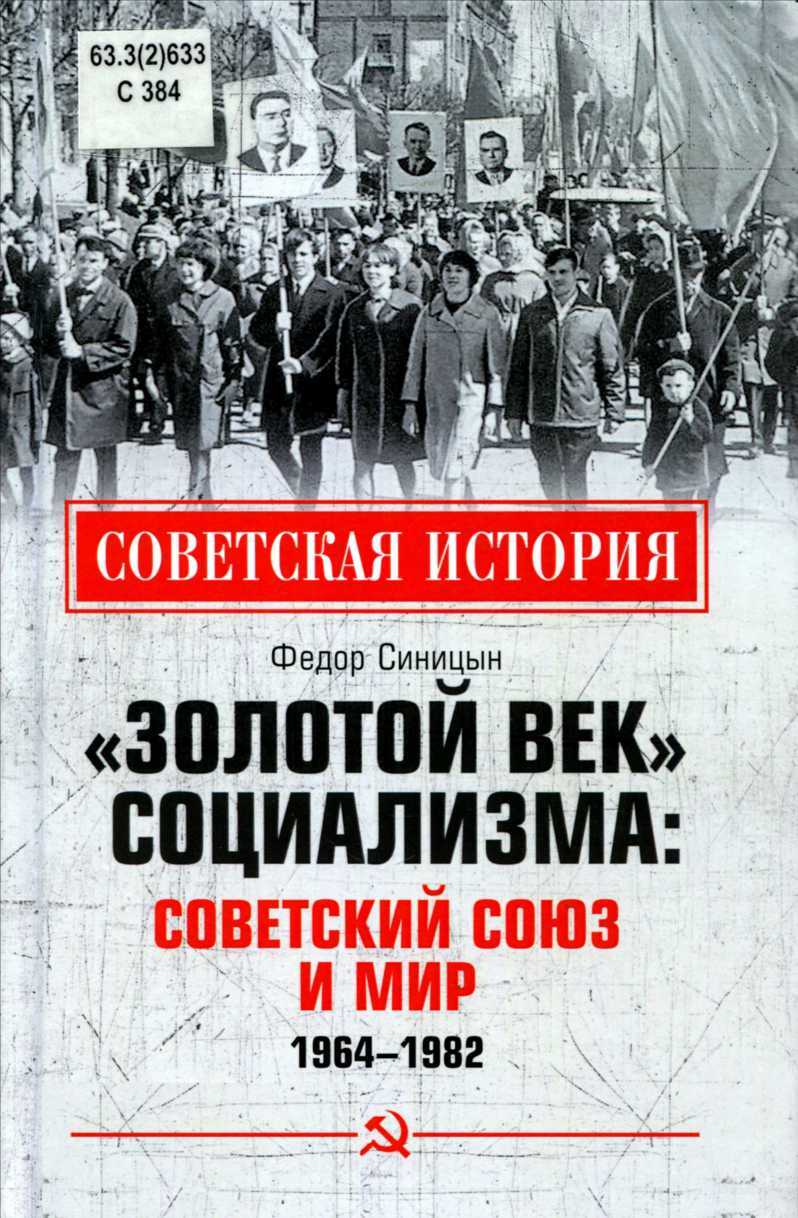Москва и Восточная Европа. Югославская модель социализма и страны советского блока. 1950-е — 1960-е годы - Анатолий Семенович Аникеев
Книгу Москва и Восточная Европа. Югославская модель социализма и страны советского блока. 1950-е — 1960-е годы - Анатолий Семенович Аникеев читаем онлайн бесплатно полную версию! Чтобы начать читать не надо регистрации. Напомним, что читать онлайн вы можете не только на компьютере, но и на андроид (Android), iPhone и iPad. Приятного чтения!
Шрифт:
Интервал:
Закладка:
Keywords: Czechoslovakia, economic reforms of the 1960s, the influence of the Yugoslav experience, Moscow’s reaction
Mariana STAMOVA
The Albanian Leadership and the Yugoslav Model of Socialism
(1948–1961)
Albanian-Yugoslav relations were very close until 1948. Yugoslavia patronised Albania and actively interfered in the country’s party life, state policy and economy. In the context of the growing Cold War, Moscow closely monitored the special relations between the two countries, prompting the Albanian leadership to use this to its advantage. The conflict of 1948 and the accusation of revisionism against the Yugoslav leadership became the starting point for Tirana’s liberation from Yugoslav domination. In the subsequent period, the central place in the anti-Yugoslav campaign was occupied by condemnation of the "Yugoslav path to socialism" and the problems of Kosovo and Metohija.
Keywords: Yugoslavia and Albania before 1948, Yugoslav domination in Albania, conflict of 1948, accusations of revisionism, condemnation of the “Yugoslav path to socialism”, the problem of Kosovo and Metohija
Alexander S. STYKALIN
Kaomi KIMURA
The Role of the Yugoslav Factor in the Development of Hungary (1953 — mid–1960s)
In the context of the socio-political upsurge of 1956, Hungarian communist reformers, in their quest to create a more effective model of socialism, showed considerable interest in the contemporary Yugoslav experience. However, the inconsistency of the Tito regime in its attitude to the dramatic events in Hungary in the autumn of 1956 led to the disillusionment of Hungarian society in Yugoslav doctrines and political practices. On the other hand, the new Hungarian leadership headed by János Kádár made efforts to overcome the existing layers in the bilateral Hungarian-Yugoslav relations, connected both with the Imre Nagy affair and with the official Yugoslav support for the Hungarian intra-party opposition in 1956. The weakening of the campaign of criticism of Yugoslav “revisionism” by the early 1960s and the improvement of Soviet-Yugoslav relations against the backdrop of the growing Chinese challenge, which threatened to split the world communist movement, created favourable conditions for the expansion of Hungarian-Yugoslav contacts along all lines.
Keywords: Hungary in 1956 and the Yugoslav Model, Tito, Imre Nagy, János Kádár, intra-party opposition, Hungary and Yugoslavia in the 1960s
Alexander S. STYKALIN
Boris S. NOVOSELTSEV
The Yugoslav Model of Socialism,
Relations within the Soviet Bloc and the Formation of Romania’s Foreign Policy Concept (1956–1968)
Since the early 1960s, the Romanian leadership, dissatisfied with the country’s position in the system of economic and defence ties within the Council for Mutual Economic Assistance and the Warsaw Pact, has increasingly distanced itself from the general line of the Soviet bloc on several key issues in international relations. It does not support the course toward further deepening the economic integration of socialist countries and tries to take an equidistant position in the context of the intensified Soviet-Chinese polemics. At the same time, non-aligned Yugoslavia served as an example for Romanian leaders of a socialist country that could defend its national and state priorities in the context of severe external pressure. Between the neighbouring countries, Romania and Yugoslavia, a special partnership, although not always cloudless, is being formed based on common interests, which has become a factor that has indicated a certain erosion of the rigid bipolarity in European politics and the strengthening of polycentrism in the world communist movement.
Keywords: Romania and the Soviet bloc, the beginning of distancing, Romanian-Yugoslav relations, non-bloc Yugoslavia as an example, bipolarity and polycentrism
Alexander ZHIVOTICH
"Revisionism as Destiny"
Albanian Criticism of the Yugoslav Path to Socialism (1956–1961)
The work, using archival materials, examines the problem of Albanian-Yugoslav relations in the 1950s and 1960s. It shows how, after the war, Yugoslavia patronised all spheres of Albanian life until the Soviet-Yugoslav conflict of 1948. The conflict that arose opened up the opportunity for Tyrana to get rid of tight custody. After that, Tirana actively joined the USSR’s propaganda campaign against Yugoslav revisionism, breaking off almost all relations with Belgrade. Albania did not follow the Soviet bloc countries, which began to normalise relations with Yugoslavia after Stalin’s death, but with the condemnation of his cult at the 20th Congress of the CPSU, this issue was finally closed. In the subsequent period, parallel to the deterioration of relations with Moscow and rapprochement with Beijing, Yugoslavia becomes the centre of revisionism in the world of socialism in Albanian politics and propaganda. Tirana accuses Belgrade of violating the rights of the Albanian population in Kosovo. The object of Albanian criticism was all aspects of the Yugoslav model of socialism, as well as the country’s domestic and foreign policies.
Keywords: Albania and Yugoslavia before 1948, the Yugoslav model of socialism, relations with Moscow, revisionism, the problem of Albanians in Kosovo
Konstantin V. NIKIFOROV
In Step or Out of Step:
Yugoslavia and the Countries of "Real Socialism"
in the 1960S–1990S
The Yugoslav leadership’s turn to self-government theory and practice after the 1948 conflict was caused by the desire to oppose Moscow with its own “true” interpretation of Marxism. At the same time, the Yugoslav project under the existing authoritarian regime did not have democratic content but was declarative. The evolution of self-government practice in the 1970s–1980s confirmed this conclusion, which brought it closer to social processes in other socialist countries. The collapse of Yugoslavia showed that the so-called “democratic socialism” was only a soft version of the system that dominated in the USSR and Eastern Europe after the war.
Keywords: Conflict of 1948, Yugoslav self-government, “True Marxism”, the Yugoslav model and real socialism in the Soviet bloc
Издательские данные
Прочитали книгу? Предлагаем вам поделится своим отзывом от прочитанного(прослушанного)! Ваш отзыв будет полезен читателям, которые еще только собираются познакомиться с произведением.
Уважаемые читатели, слушатели и просто посетители нашей библиотеки! Просим Вас придерживаться определенных правил при комментировании литературных произведений.
- 1. Просьба отказаться от дискриминационных высказываний. Мы защищаем право наших читателей свободно выражать свою точку зрения. Вместе с тем мы не терпим агрессии. На сайте запрещено оставлять комментарий, который содержит унизительные высказывания или призывы к насилию по отношению к отдельным лицам или группам людей на основании их расы, этнического происхождения, вероисповедания, недееспособности, пола, возраста, статуса ветерана, касты или сексуальной ориентации.
- 2. Просьба отказаться от оскорблений, угроз и запугиваний.
- 3. Просьба отказаться от нецензурной лексики.
- 4. Просьба вести себя максимально корректно как по отношению к авторам, так и по отношению к другим читателям и их комментариям.
Надеемся на Ваше понимание и благоразумие. С уважением, администратор knigkindom.ru.
Оставить комментарий
-
 Ариэль летит24 декабрь 21:18
А в этой книге открываются такие интриги, такие глубины грязной политики, и как противостояние им- вечные светлые истины, такие,...
Сеятели ветра - Андрей Васильев
Ариэль летит24 декабрь 21:18
А в этой книге открываются такие интриги, такие глубины грязной политики, и как противостояние им- вечные светлые истины, такие,...
Сеятели ветра - Андрей Васильев
-
 Гость Екатерина24 декабрь 15:37
Очень юморная книга. Спасибо автору...
Жена с татуировкой дракона - Кристина Юрьевна Юраш
Гость Екатерина24 декабрь 15:37
Очень юморная книга. Спасибо автору...
Жена с татуировкой дракона - Кристина Юрьевна Юраш
-
 Нинель24 декабрь 12:30
Хорошая история, душевная, практически реальная, веришь автору, что так и было...хочу такого же Макса, просто до мурашек... Но,...
Проще, чем кажется - Юлия Устинова
Нинель24 декабрь 12:30
Хорошая история, душевная, практически реальная, веришь автору, что так и было...хочу такого же Макса, просто до мурашек... Но,...
Проще, чем кажется - Юлия Устинова










